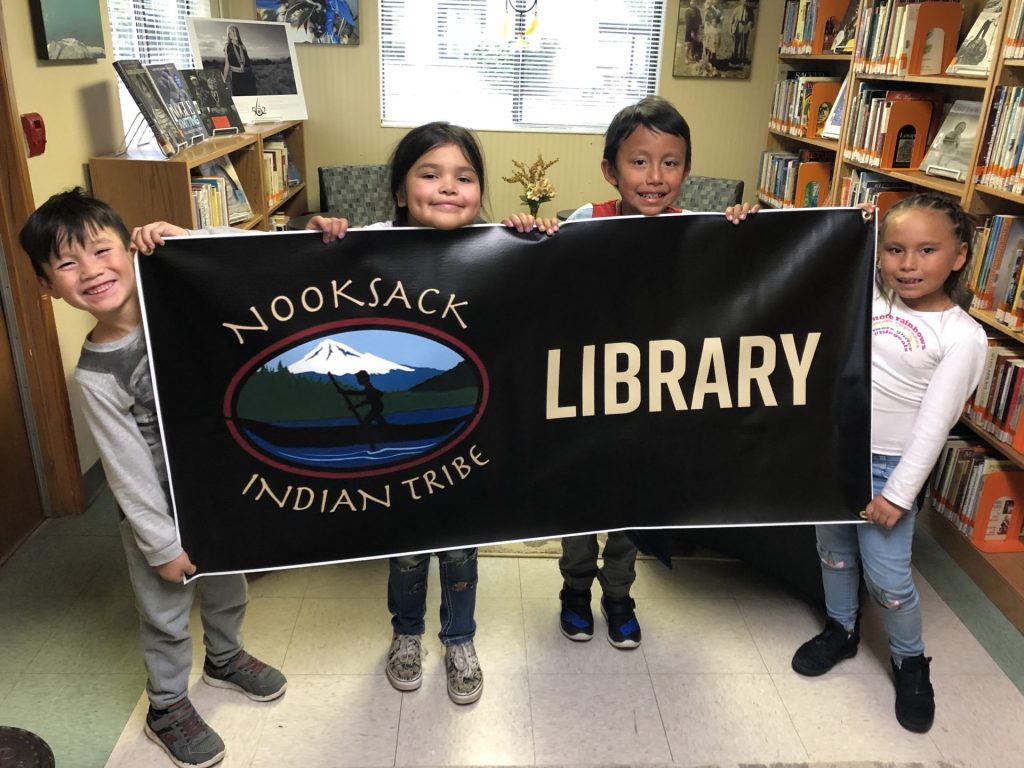Why Cuts to the IMLS Matter

Among the flurry of executive orders signed by President Trump, you might easily have missed EO 14238. Also known as “Continuing the Reduction of the Federal Bureaucracy,” it targeted IMLS and six other small independent agencies for elimination “to the maximum extent consistent with applicable law.” IMLS is little known outside the world of libraries, museums, and archives, where its modest budget funds programs whose impacts far exceed their costs. What is it, and why does it matter that its funding is being cut?

The IMLS’s impact on libraries and museums is enormous. The funds it supports grant museums, libraries, and archives development money to undertake projects or purchase materials they otherwise wouldn’t have the capacity to do based on local funding or donations. Close to home, Newton’s Jackson Homestead secured an IMLS grant in 2024 to preserve their textiles collection, which was under threat by moths. Massachusetts entities as a whole received just under $8.5 million in the past fiscal year, with much of the money going to small entities like the Jackson Homestead, the Eric Carle Museum, the The Emily Dickinson Museum, and the Worcester County Mechanics Association. The largest share by far went to the Massachusetts Board of Library Commissioners (MBLC), who awards grants to libraries (mostly local public libraries) throughout the state.

In fact, close to half of the total IMLS budget ($125,059,318 in FY2024) goes to Library Services and Technology Act (LSTA) state library programs to distribute to local libraries within each state. Most libraries are supported primarily by county and municipal budgets; in poorer–especially rural–areas, those budgets often fall short, and IMLS funds distributed by state library associations are crucial for acquiring new books and computers, funding temporary hires to help complete projects, and kick-starting new programs. The School Library Journal has documented what libraries across the country are saying about the loss of funding. But the most vulnerable are tribal libraries, who receive very little funding outside of the IMLS Native American Basic grants (totaling $33.5 million since 2020). Without these grants, many tribal libraries will likely have to cut vital services or close.
The elimination of IMLS would have profound effects on the quality of local museum, library, and archival collections: reducing patron access, threatening the stability of objects, papers, and photographs documenting local and regional history, and diminishing public libraries’ ability to provide the foundations of knowledge and community we’ve come to expect from them.
IMLS is a small but crucial part of the education & research programs this administration is defunding: the National Institutes of Health (NIH) (and its data), the National Science Foundation (NSF), the National Endowment for the Humanities (NEH), the Smithsonian Institution, and the Department of Education, to name a few. Though the IMLS is small, its role in helping distribute the knowledge generated by those larger entities is invaluable to the functioning of an informed electorate.
On March 31, the meeting of “maximum extent” in the Executive Order was made clear when the acting director of the IMLS Keith E. Sonderling placed the entire staff on administrative leave in spite of a statutory warning from a bipartisan group of senators. He also deactivated email accounts, making it impossible for grantees to find out about their funding.
The budgetary impact on the federal government of IMLS is tiny. The institute has about 75 employees and requested a total 2024 budget of $294,800,000, about 0.005% of the 2024 federal spending of $6.75 trillion. That percentage of a median US household income would be $4.00, or about 7 eggs.
Several organizations have been taking action: the American Library Association is mobilizing its members to respond to the IMLS closure, as is EveryLibrary. The MBLC has written directly to the IMLS acting director and is working with other state library institutions to assess the impact. Ed Flynn, Boston City Council President, wrote to Senators Markey and Warren urging them to work to restore IMLS funding.
UPDATE 4-8-22: The American Library Association (ALA) and the American Federation of State, County and Municipal Employees (AFSCME) have sued to block the dismantling of IMLS.
This article is also published in the BC English Department Substack.